8 ways Imperial's Chinese collaborations have reached new heights
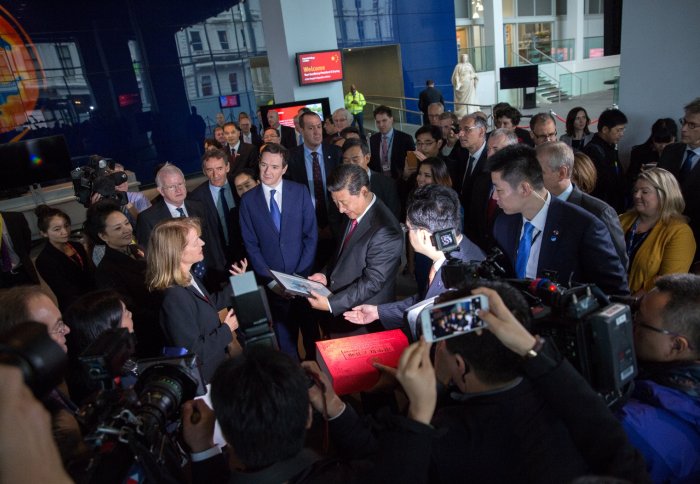
The year of the goat (February 2015 to February 2016) was the strongest year in Imperial's history for Chinese partnership and collaboration.
As the Chinese New Year of the monkey begins, we look back at eight highlights of the College’s growing relationships with China.
1) A breakthrough in the fight against antimicrobial resistance
A collaboration between scientists at Imperial and Peking University in China exposed a weakness in the defences of disease-causing bugs, with the discovery of a protein that controls bacterial defence mechanisms. The findings offer new hope in the fight against antimicrobial resistance.

2) Delivering the advanced trains of the future
This year Imperial joined forces with China South Railway (CSR) Sifang Corporation - a rolling stock manufacturer that is the world’s largest maker of electric locomotives – to establish a new centre focussed on making the next generation of high speed trains.
The Centre will look to develop rail technologies to streamline the construction and testing of high speed trains, so that they are safer, more cost effective and environmentally friendly.

3) A boost for big data and medical robotics research
In October, financial services firm China UCF Group made a generous £3 million donation to support big data research at the Imperial’s Data Science Institute and for medical robotics work at the Hamlyn Centre.
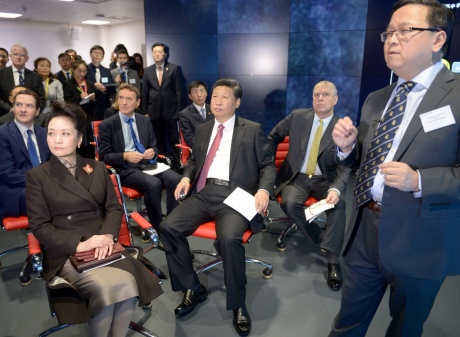
Professor Yike Guo demonstrates Imperial's Data Science Institute to President Xi during his visit
4) Plans for a new UK-Chinese entrepreneurship hub
Imperial announced plans earlier this year to partner with China's Zhejiang University (ZJU) on a new centre for transnational entrepreneurship at the College’s White City Campus.
The Imperial-ZJU Transnational Entrepreneurship Centre will bring together academics from Imperial College Business School and ZJU’s School of Management with entrepreneurs and industry leaders. The new centre is expected to open in 2016-17.
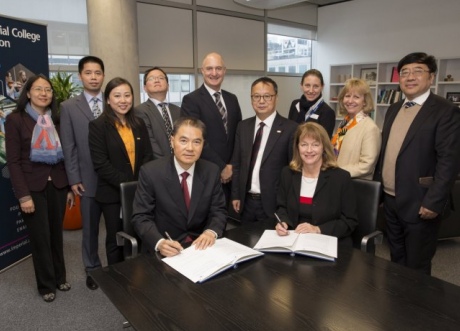
ZJU chief Deshui Jin with Imperial President Alice Gast and colleagues signing the agreement.
5) New support for Chinese students
Imperial and the China Scholarship Council (CSC) signed a new agreement this year to support talented Chinese students at the College. The plans will allow scores of China’s most academically able scholars and students to receive funding to come to Imperial, as well as support for Imperial’s finest PhD students to undertake research work at Chinese universities.
The news came soon after Professor Maggie Dallman, Associate Provost (Academic Partnerships) wrote in China Daily about the way that Imperial's Chinese students are thriving. Imperial has more than 2,000 Chinese students – the largest nationality apart from Britons at the College.
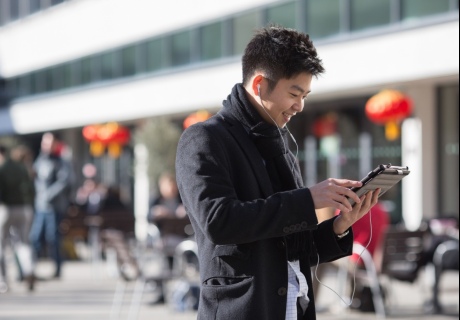
6) Collaborating on next generation biomedical robotic technology
In March 2015, Imperial’s Institute of Global Health Innovation joined forces with The Chinese University of Hong Kong to collaborate on education and research related to healthcare innovation and biomedical robotics.

Imperial's Professor Guang-Zhong Yang (centre-left) and CUHK's Professor Joseph Sung (centre-right) launch the collaboration
7) Expanding links with Chinese innovators
In September 2015, Imperial’s President Professor Alice Gast led a delegation of some of Imperial’s most visionary scholars to China to promote education, research and innovation ties.
The Imperial group joined global leaders from government, business and academia at the World Economic Forum in Dalian as they explored how technological progress, investment in productive capital and proactive responses to demographic shifts can contribute to more balanced economic growth.
That month, Professor David Gann, Vice President (Development & Innovation) wrote a piece for China Daily about the benefits to Chinese businesses of collaborating with Europe's universities.
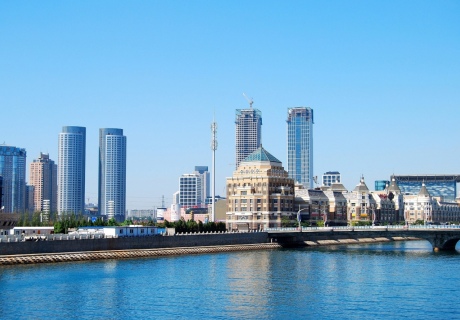
8) A visit from President Xi
Imperial welcomed President Xi Jinping of the People's Republic of China to the College in October 2015. During his visit, President Xi was shown some of the world’s most advanced labs specialising in big data research and medical robotics, as well as meeting some of Imperial’s students.
Writing in the Times Higher Education during President Xi's visit, Professor Alice Gast said: "It’s no surprise that universities and science are near the top of President Xi Jinping’s agenda for his UK state visit. He knows that our universities are the most productive research engines in the world."
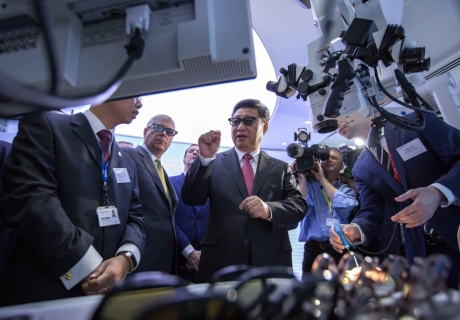
Article text (excluding photos or graphics) © Imperial College London.
Photos and graphics subject to third party copyright used with permission or © Imperial College London.
Reporter
Deborah Evanson
Communications Division